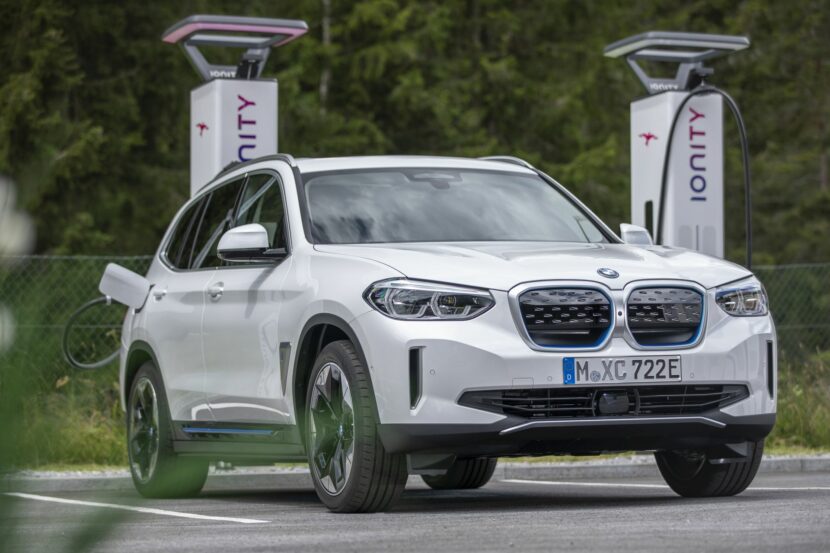Earlier this month during the 2021 COP26 (Conference of the Parties) that tackled delicate issues regarding climate change, the BMW Group refused to sign a pledge to put an end to sales of new cars with combustion engines by 2040. Also on that list were Stellantis, the Volkswagen Group, Nissan, Hyundai, and Renault. We now have an explanation as to why the Bavarian company isn’t fully committing to EVs in the foreseeable future.
Speaking with architecture and design magazine Dezeen, BMW’s head of sustainability strategy Thomas Becker mentioned the charging infrastructure for EVs hasn’t been developed enough in some parts of the world: “The job is done in the Netherlands and Norway, so these markets will be fully electric and we will only sell electric cars here. But we won’t decide today that we are sure that the guys in Italy will do their job properly.”
He went on to specify that aside from the country shaped like a boot, countries such as the Czech Republic and Romania need to heavily develop their EV infrastructures for BMW to completely give up on selling vehicles equipped with gasoline and diesel engines. Becker argues the issue with the lack of necessary charging stations stems from a lack of “political leadership,” adding “these guys just wait until somebody dumps money on them to get the job done.”

One solution to forcing countries where there aren’t enough charging stations for electric vehicles to build up their EV infrastructures is to instate “binding targets, which ensure that also the poorer countries do their job.” Becker mentioned the European Union should step in and provide financial support to bring these countries closer to the levels reached in The Netherlands and Norway where there are seven to nine charging stations for every 1,000 cars. In Italy, the ratio is significantly lower, at just 0.4.
BMW has vowed to reach carbon neutrality by 2050 per a statement made by CEO Oliver Zipse earlier this year at IAA Munich in Germany. Before that happens, the company aims to slash CO2 emissions by at least 50% compared to 2019 levels and by a minimum of 40% across the vehicle’s entire lifecycle (including production).
MINI and Rolls-Royce will only sell EVs from the early 2030s and BMW is expected to gradually drop combustion engines in markets where zero-emissions mobility is feasible. The German luxury brand projects half of its annual sales will be represented by purely electric cars by the end of the decade.
[Source: Dezeen]





































































